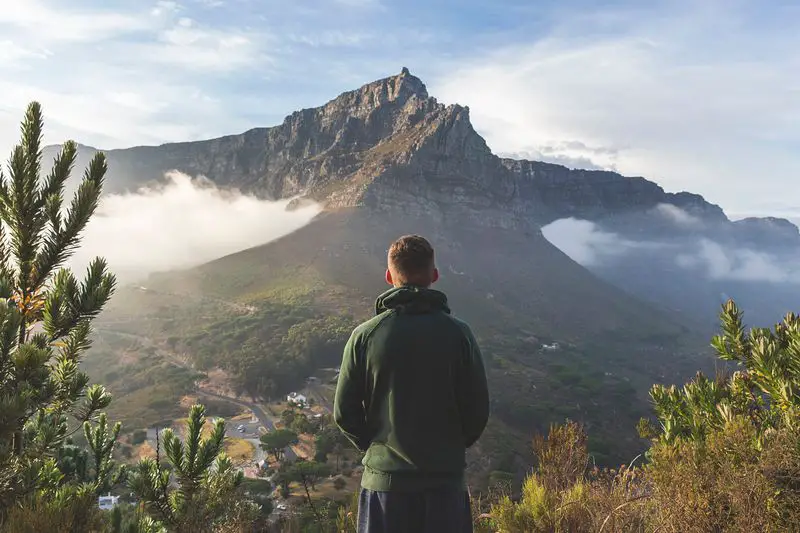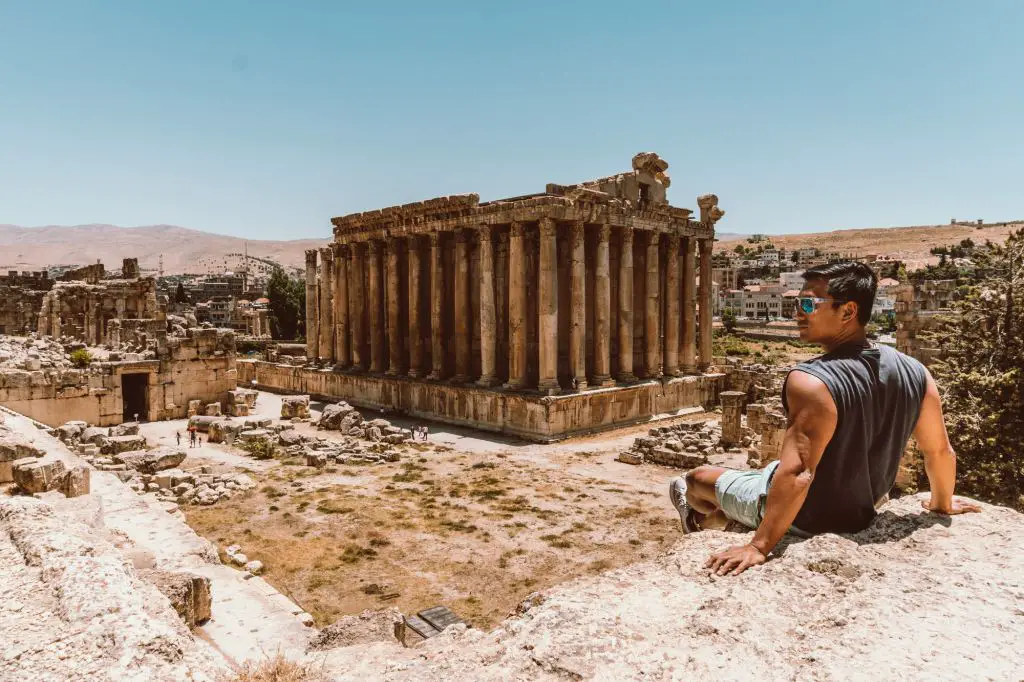Racism isn’t always loud; sometimes, it’s silent and hidden beneath stereotypes and unconscious bias. But one tool that can help unveil this hidden racism is educational travel. By exploring new cultures and having immersive experiences, students can learn to recognize and overcome these stereotypes.

The Impact of Educational Travel on Unveiling Hidden Racism
Education doesn’t stop in the classroom for any of us. In fact, iit extends beyond, and that’s where educational travel steps in. Travel helps students step out of their comfort zone and experience life from a new perspective. It reveals the true face of cultures that are often misrepresented or misunderstood, thereby tackling stereotypes head-on. It’s through this direct interaction that the hidden racism – the kind we find in things like racial profiling – begins to unravel.
For instance, when a student travels, they’re exposed to the rich tapestry of the world’s cultures. In its turn, it challenges any preconceived ideas they might have held. For example, an educational trip to Africa can shatter the stereotype of it being a continent of poverty. At the same time, a trip to the Middle East can counteract media-driven images of constant conflict. So it can be a powerful thing to see with your own eyes that people are just people. And it doesn’t matter where they live.

How Immersive Experiences Foster Understanding and Empathy
It must sound obvious but educational travel isn’t just about seeing new places. What’s more about that? It’s about immersive experiences that build understanding and empathy. By living the local lifestyle, even if just for a short time, students can gain a deeper appreciation of the local culture. And of course, this understanding can serve as a bridge, closing the gap between different cultures and ethnicities.
Let’s take an example. Think about a student from the United States traveling to Japan. They are experiencing the Japanese way of life firsthand – from their work ethic to their deep-rooted traditions and customs. As a result, a student gets a more accurate representation of Japanese culture. Actually, it is the one that goes beyond stereotypes.
Address Unconscious Bias Through Educational Travel
Educational travel is all about learning while travelling. It’s a way to see and learn new things outside the classroom. Schools or other groups often arrange these trips.
There are many types of educational travel. Some trips might include visits to museums or historical places. Others might offer workshops or classes in a different country. Sometimes, students might do fieldwork or research on these trips.
The main goal is to learn from different cultures and histories. It gives students a chance to see how classroom learning applies in the real world. It helps them see the things they are learning about up close.
This type of travel can change a person. It helps people grow and learn to be independent. It also helps develop skills like problem-solving and talking to others. It can also help students understand different cultures better. This can make them more empathetic and open to different ways of thinking.
In the bigger picture, educational travel can help fight stereotypes and racism. It shows students that the world is a diverse and complex place. This can help them challenge their own beliefs and become more accepting of others.
Educational travel can also spark empowering conversations about race and unconscious bias. When students encounter diverse cultures, they’re compelled to reflect on their own perspectives. These reflections often lead to conversations, which can be a powerful tool for addressing bias.
When we consider racial profiling, we can see how it stems from unconscious biases. But how can we confront something if we’re not aware of it? Here, educational travel can be a great help. It can be an eye-opening experience that encourages students to acknowledge and question their biases. If you want to explore this topic further, you can use any racial profiling essay sample for a deeper understanding. Believe it or not, free essay examples can be of great help.
Foster Personal Growth Through Diverse Experiences
A huge advantage of educational travel is the chance it provides for personal growth. It’s about more than just seeing new places and trying new food. Actually, it’s a great opportunity to immerse oneself in a totally new environment.
For sure, traveling puts students in situations they might never have encountered at home. These could be even simple things like navigating public transportation in a foreign language. But also something as complex as understanding local customs and norms. These experiences push students out of their comfort zones. They challenge young people to adapt and problem-solve in unfamiliar situations. In its turn, this builds confidence and resilience, two traits that are valuable in every area of life.
By the way, confronting different cultural perspectives also leads to introspection. When students see the ways other people live, they might start to question their own beliefs and values. In this case, they might start asking themselves why they think the things they do, and if those thoughts are based on facts or just stereotypes. This self-reflection will definitely lead to a deeper understanding of oneself and one’s own culture.
In the long run, the personal growth that comes from these experiences can lead to changes in attitudes toward race and ethnicity. As students begin to understand their own biases, they can get rid of them. In this way, educational travel contributes directly to the fight against hidden racism by fostering personal growth and self-awareness in students.
The Role of Educational Institutions in Combating Hidden Racism
Educational institutions play a key role in promoting inclusivity. With the help of educational trips, they allow students to interact with different cultures. Eventually, this can foster a sense of global citizenship. And this is how young people start to respect and value diversity.
Schools and colleges should aim to incorporate educational travel into their curriculums. The hands-on experience that travel offers can provide practical lessons in cultural diversity. Don’t doubt that it complements the theoretical knowledge students gain from essays, research papers, and classroom lectures.
Wrapping Up
In a nutshell, educational travel is a powerful tool that can help challenge and overcome stereotypes. It’s a pathway to unveiling hidden racism and promoting a more inclusive and understanding society. After all, we fear what we don’t understand.




